Plastic surgery patients seeking ‘filtered selfies’ look
So-called Snapchat dysmorphia on the rise, new research finds
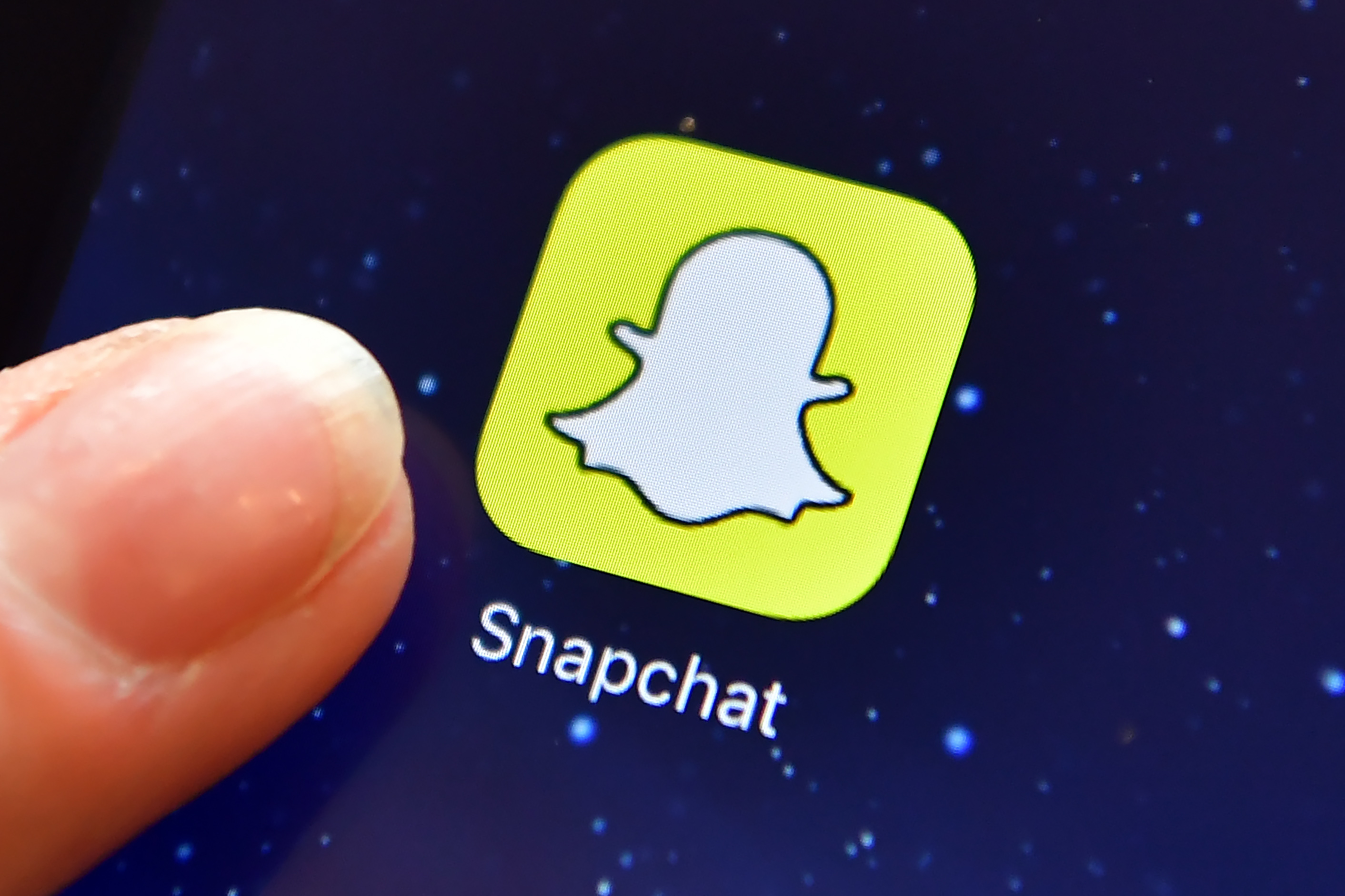
A free daily email with the biggest news stories of the day – and the best features from TheWeek.com
You are now subscribed
Your newsletter sign-up was successful
Unrealistic expectations triggered by airbrushed selfies is being blamed for an alarming new trend of people seeking plastic surgery in ordered to resemble their filtered selves in real life.
According to a new study, images filtered on smartphone apps are having a “disastrous impact on people’s self-esteem” - an effect that has been dubbed “Snapchat dysmorphia”.
In a paper published in journal JAMA Facial Plastic Surgery, researchers from Boston Medical Center argue that photo-editing technology on apps and social media sites is “changing perceptions of beauty around the world”.
The Week
Escape your echo chamber. Get the facts behind the news, plus analysis from multiple perspectives.

Sign up for The Week's Free Newsletters
From our morning news briefing to a weekly Good News Newsletter, get the best of The Week delivered directly to your inbox.
From our morning news briefing to a weekly Good News Newsletter, get the best of The Week delivered directly to your inbox.
“This is an alarming trend because those filtered selfies often present an unattainable look and are blurring the line of reality and fantasy for these patients,” the report adds.
“The pervasiveness of these filtered images can take a toll on one’s self-esteem, make one feel inadequate for not looking a certain way in the real world.”
As The Guardian notes, “airbrushed, unrealistic representations of women in fashion magazines have been blamed for the increasing incidences of eating disorders” in women and teenage girls.
And while airbrushing technology was once only available to professional photographers or artists, apps such as Line Camera and Facetune now “give users easy tools to make their faces appear thinner, more symmetrical and blemish-free, before posting them to Facebook”, the newspaper adds.
A free daily email with the biggest news stories of the day – and the best features from TheWeek.com
In a 2015 survey, although more than two-thirds of females said it is immoral for magazines to airbrush photos, 57% admitted to regularly editing their own social media pictures to enhance their appearance.
“It can be argued that these apps are making us lose touch with reality because we expect to look perfectly primped and filtered in real life as well. Filtered selfies especially can have harmful effects on adolescents or those with BDD [body dysmorphic disorder] because these groups may more severely internalise this beauty standard,” the report warns.
-
 Local elections 2026: where are they and who is expected to win?
Local elections 2026: where are they and who is expected to win?The Explainer Labour is braced for heavy losses and U-turn on postponing some council elections hasn’t helped the party’s prospects
-
 6 of the world’s most accessible destinations
6 of the world’s most accessible destinationsThe Week Recommends Experience all of Berlin, Singapore and Sydney
-
 How the FCC’s ‘equal time’ rule works
How the FCC’s ‘equal time’ rule worksIn the Spotlight The law is at the heart of the Colbert-CBS conflict
-
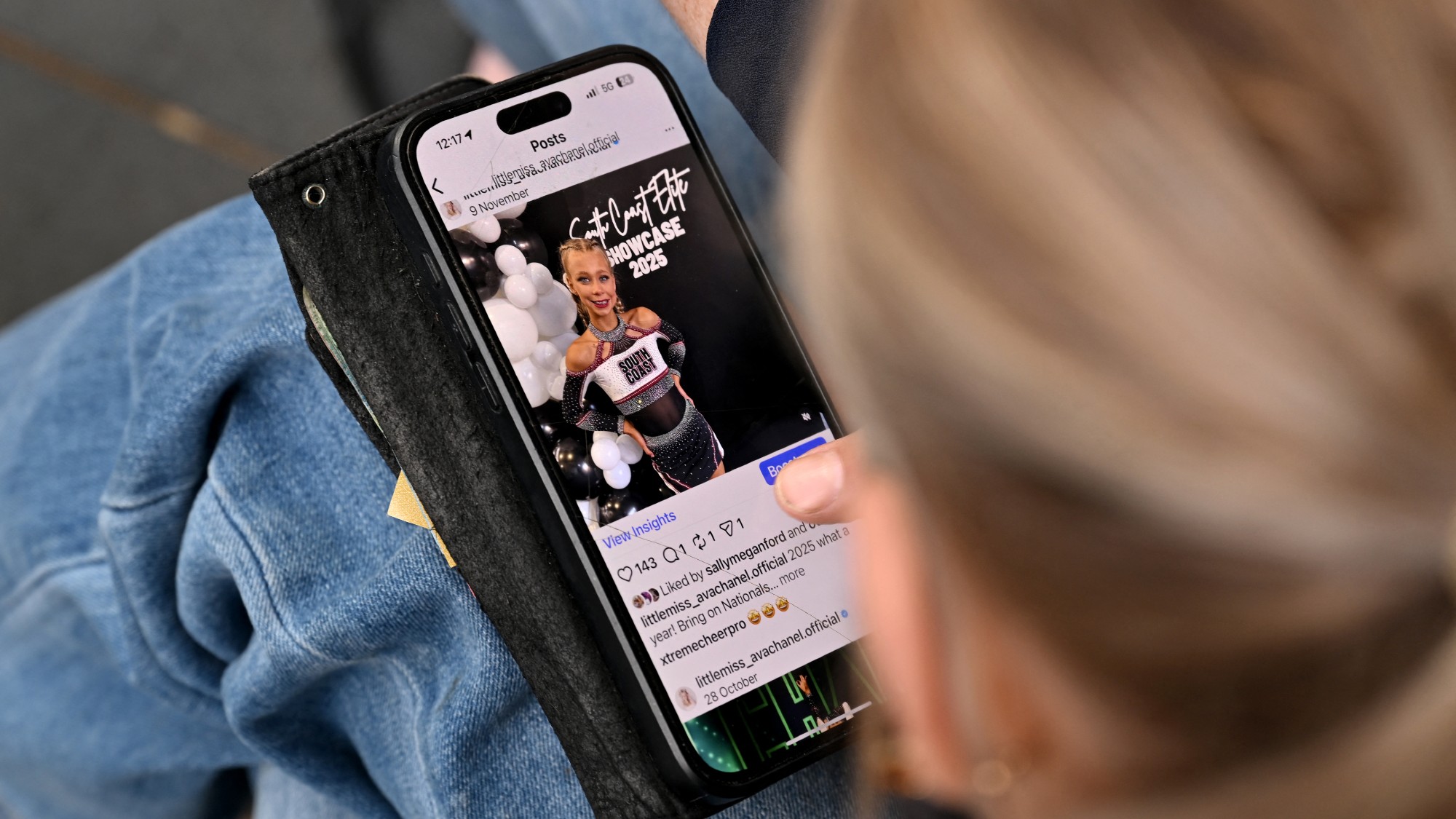 Australia’s teens brace for social media ban
Australia’s teens brace for social media banIn The Spotlight Under-16s will be banned from having accounts on major platforms
-
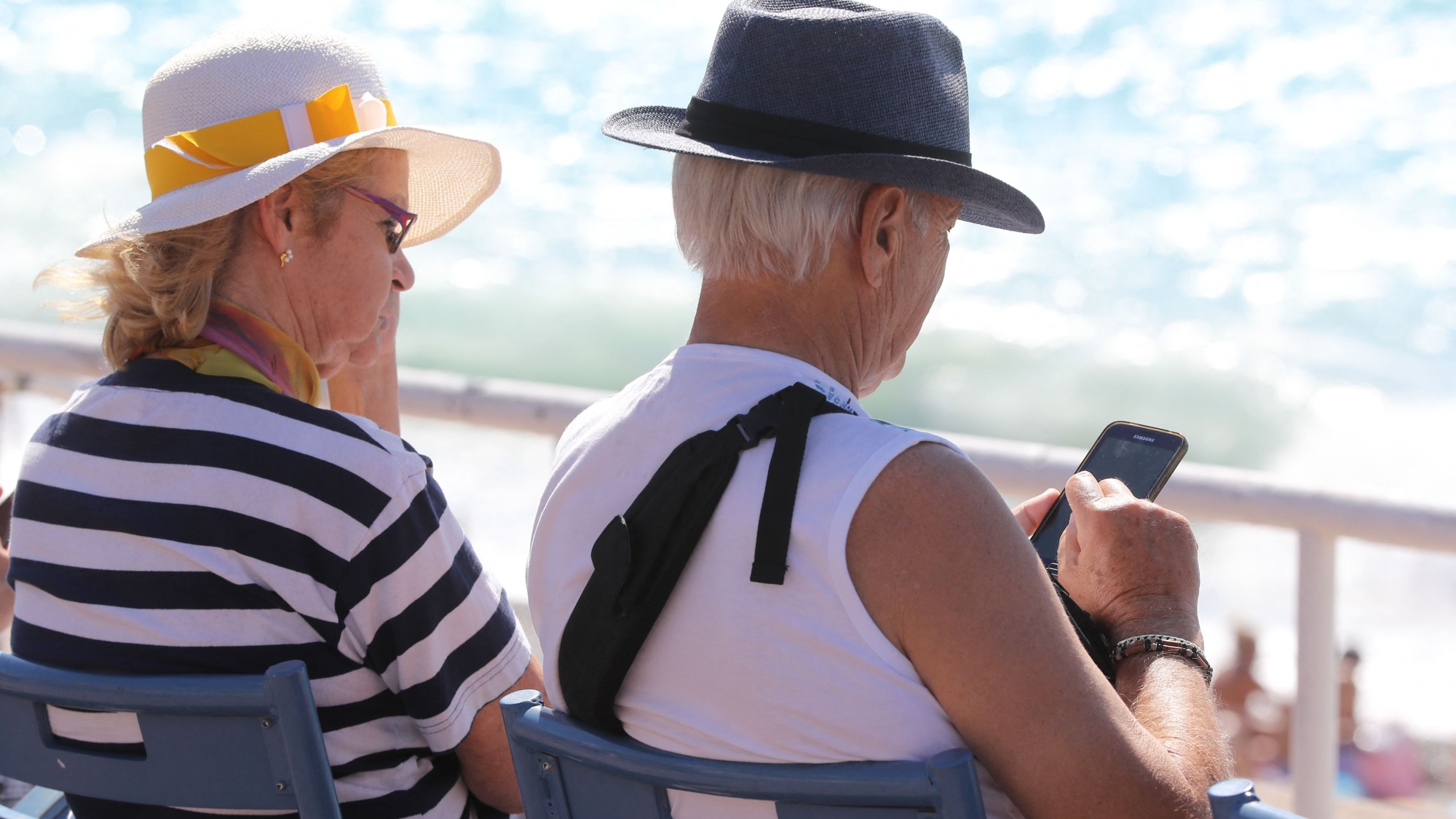 Are boomers the real phone addicts?
Are boomers the real phone addicts?In The Spotlight There’s an ‘explosion in screentime’ among older people – and they’re more vulnerable to misinformation
-
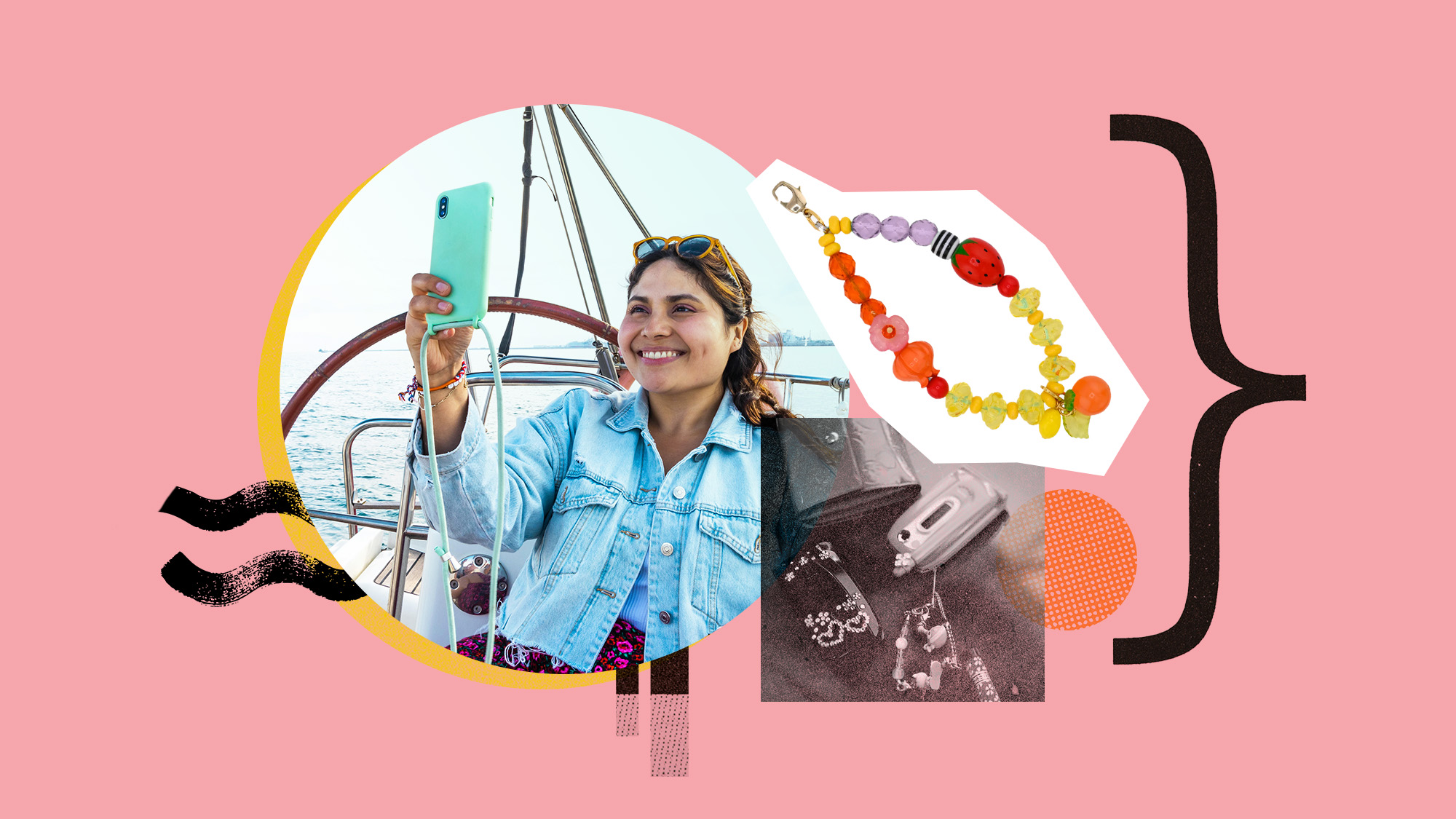 6 helpful (and way cute) phone accessories
6 helpful (and way cute) phone accessoriesThe Week Recommends Answer the call of style
-
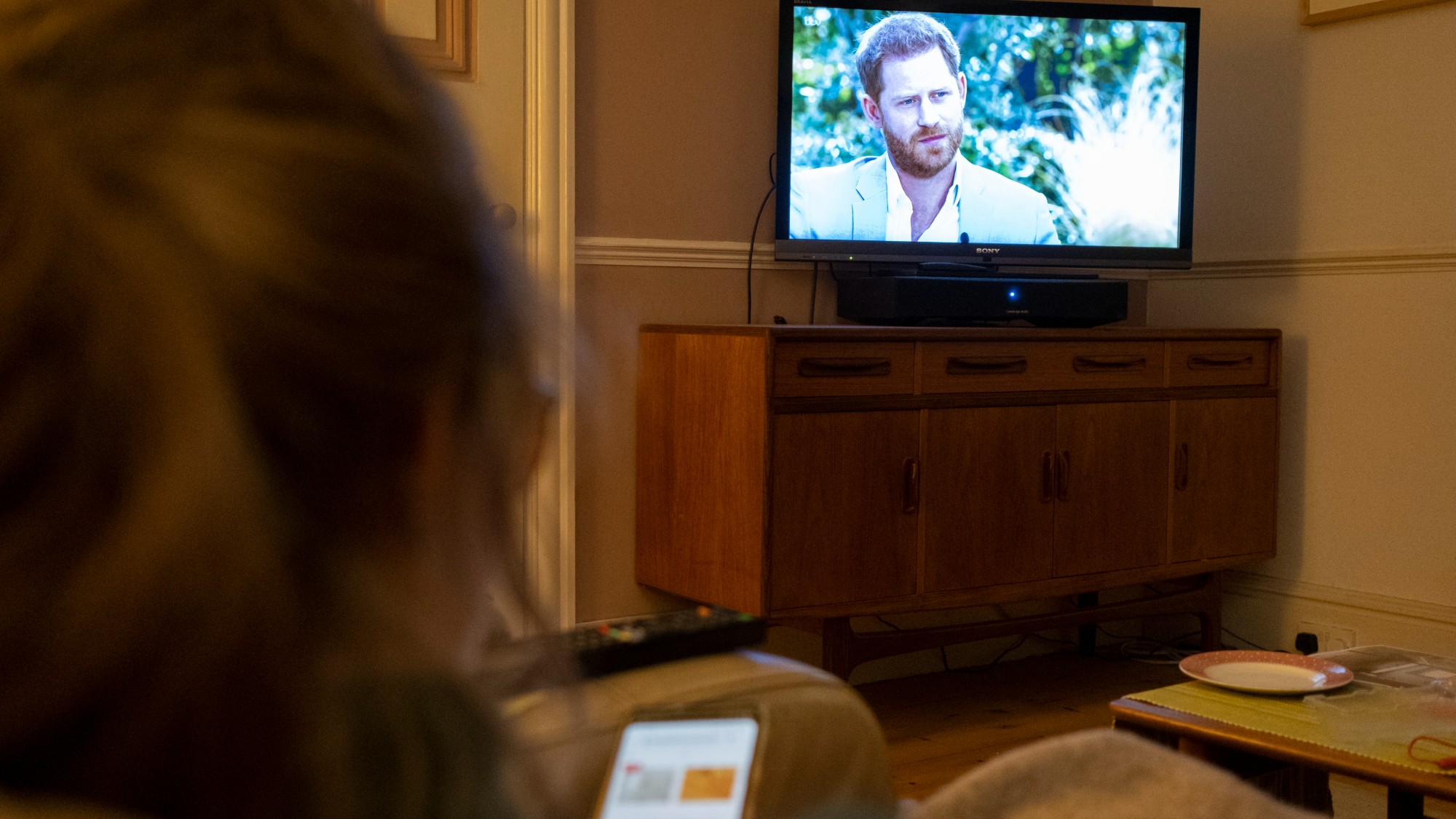 Netflix and the second screen phenomenon
Netflix and the second screen phenomenonIn The Spotlight Programme makers claim they're being asked to cater for distracted viewers
-
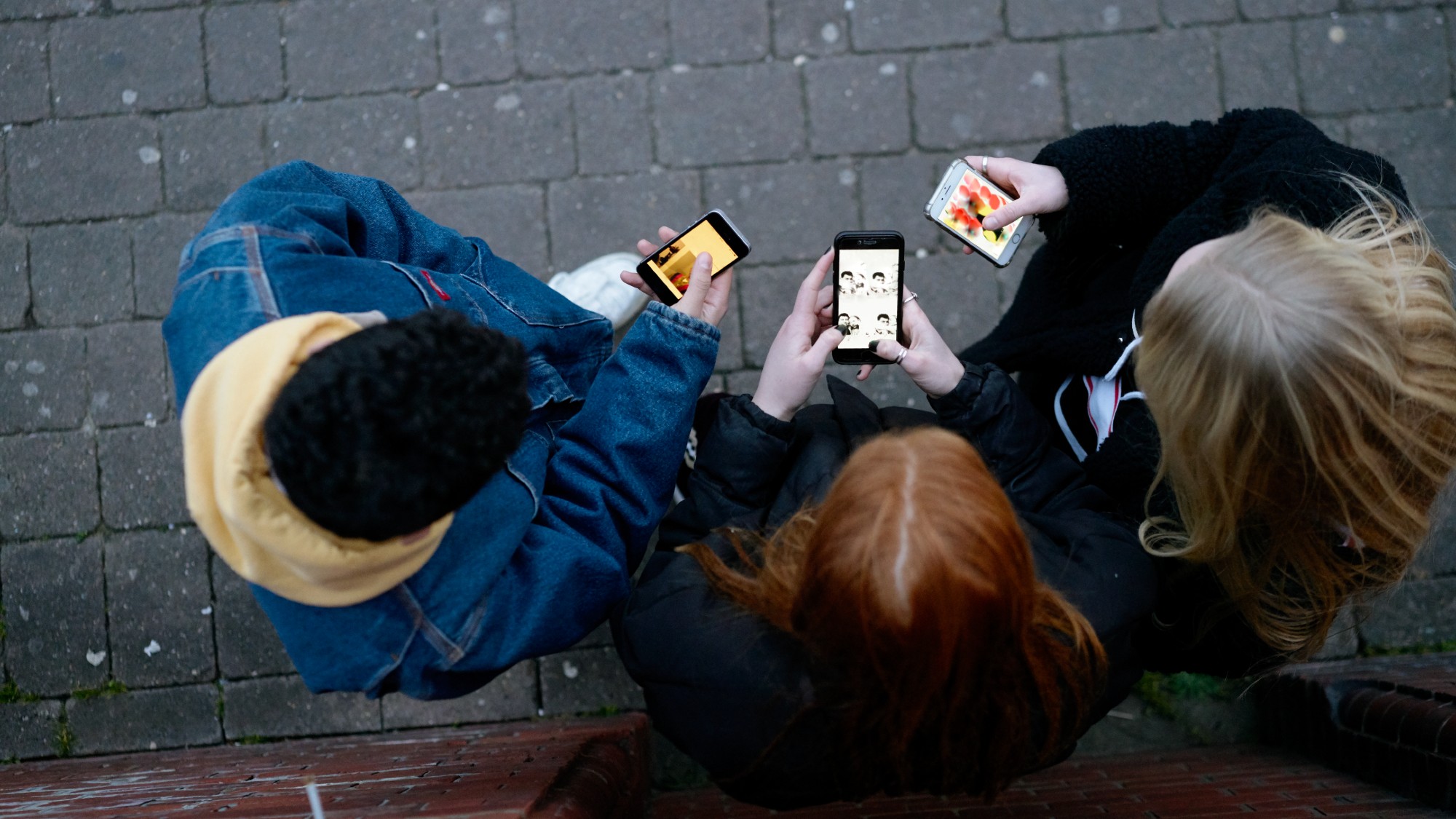 Do smartphone bans in schools work?
Do smartphone bans in schools work?The Explainer Trials in UK, New Zealand, France and the US found prohibition may be only part of the solution
-
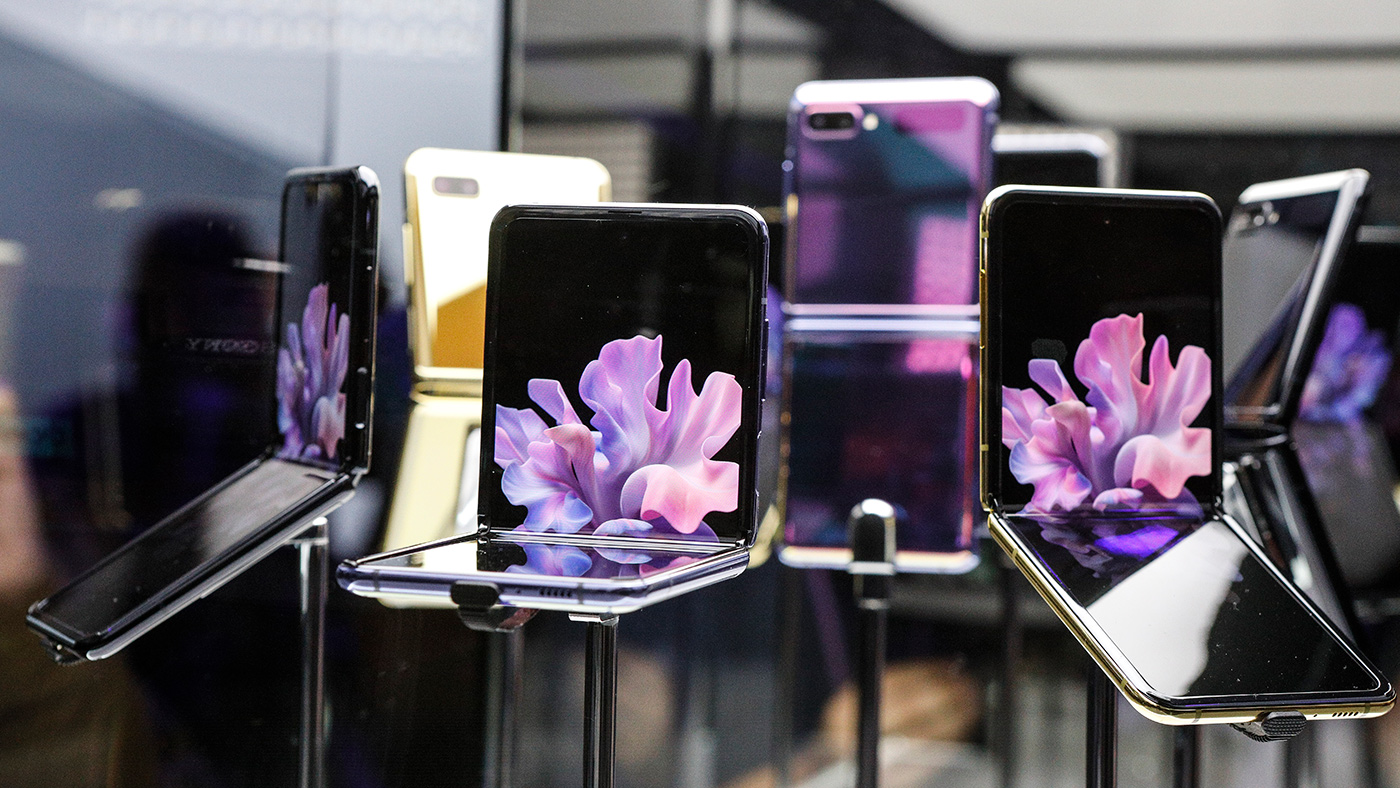 Five of the best flip smartphones
Five of the best flip smartphonesThe Week Recommends The most compact and versatile flip phones available, with prices ranging from £819 to £1,649
-
 Sport on TV guide: Christmas 2022 and New Year listings
Sport on TV guide: Christmas 2022 and New Year listingsSpeed Read Enjoy a feast of sporting action with football, darts, rugby union, racing, NFL and NBA
-
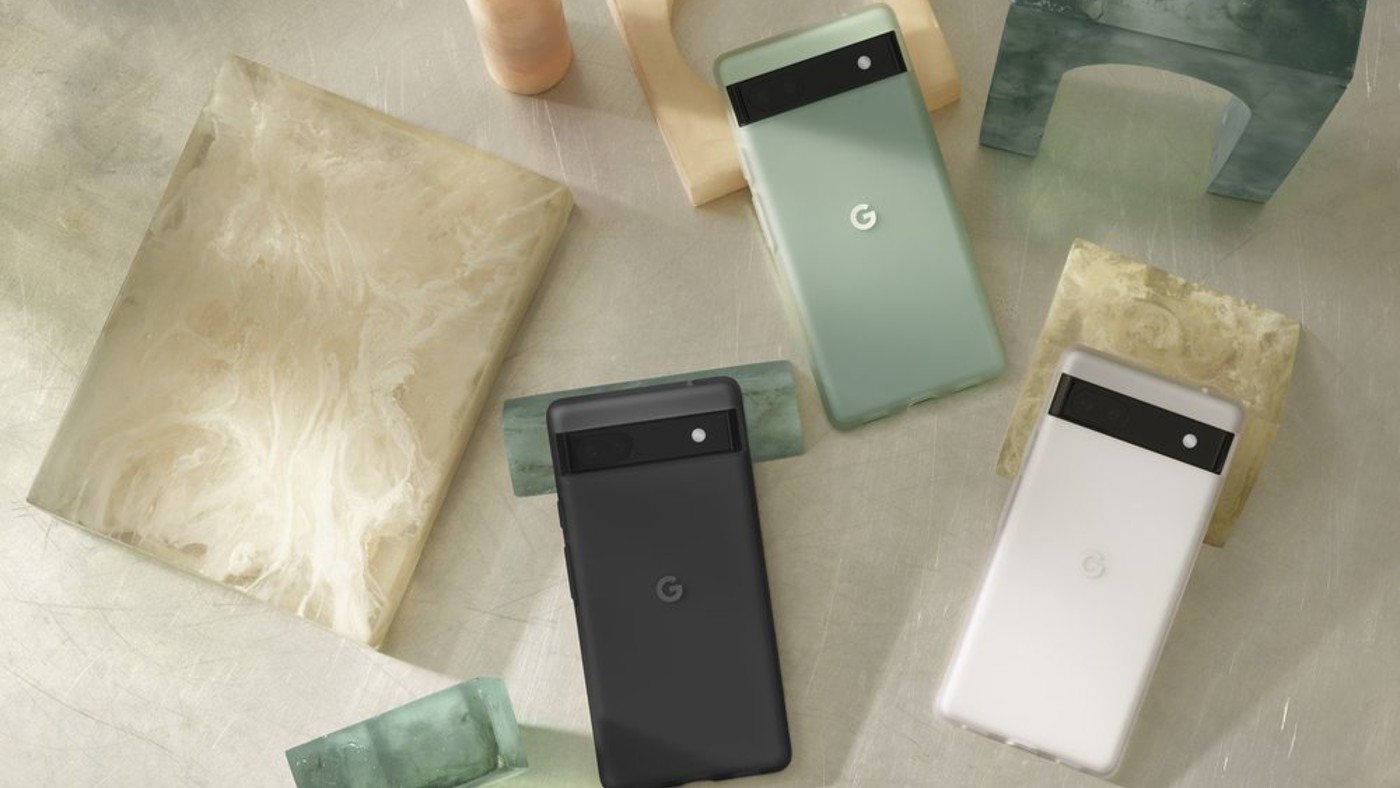 Five of the best value smartphones
Five of the best value smartphonesThe Week Recommends These devices have great battery life, displays and cameras